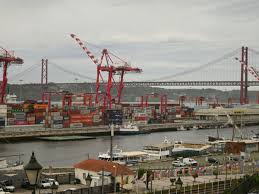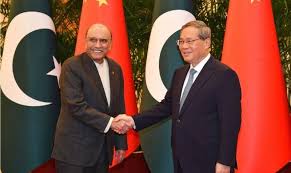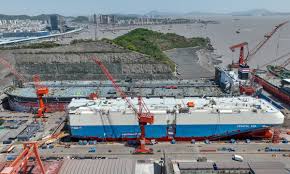Portuguese companies ‘sacrificing’ profits

Lisbon: More than 80% of companies will not pass on the increase in tariffs to the US in the final price of products now.
Although profit margins in Portugal are already lower than the Eurozone average, which means they have less room to absorb additional costs such as higher tariffs in the United States, more than eight out of ten national companies rule out the possibility of immediately increasing the prices of goods and services, ‘preferring’ to sacrifice business profitability, at least in the short term.
According to the results of a flash survey carried out between April 4 and 10 by the Portuguese Business Association (AEP) on the economic impact of tariffs imposed by the US, to which ECO had access, only 18% of the almost 300 companies responded with “price and cost adjustments” to the question about the strategies they intend to adopt to circumvent the effects of the increase in customs duties.
“Companies operate in a very competitive global market. It is reasonable that, at least initially, they are not thinking about passing this on to the final price of products. Depending on each sector, each company will have more or less capacity to absorb the impact on its business margin. But it is expected that, sooner rather than later, it will have to reflect this in the final price of products, otherwise its economic and financial viability may be put at risk,” comments Luís Miguel Ribeiro.
On the other hand, more than a third (36%) of companies admit to not having a strategy in place or immediate actions planned to respond, right now, to the impacts of the trade war. Something that the president of AEP says is “natural”, given that they “were not prepared” for this scenario, as they “trusted in the stability of the application of tariffs provided by globalization in recent decades”.
“Given the climate of uncertainty, some will be delaying strategic decision-making, due to the impact it may have on their activity,” he adds.
Diversification and/or redirection of sales markets is the ‘preferred’ strategy of the entrepreneurs surveyed, although the northern association leader emphasizes that “it is not something that companies can implement overnight”.
In this survey, the conclusions of which are also already in the office of the Minister of Economy, Pedro Reis, 296 companies participated, of which 71% are exporters and 50% are from the industrial sector. In the sample characterization, 42% are micro and small companies; 46% medium and the remaining 12% large.





